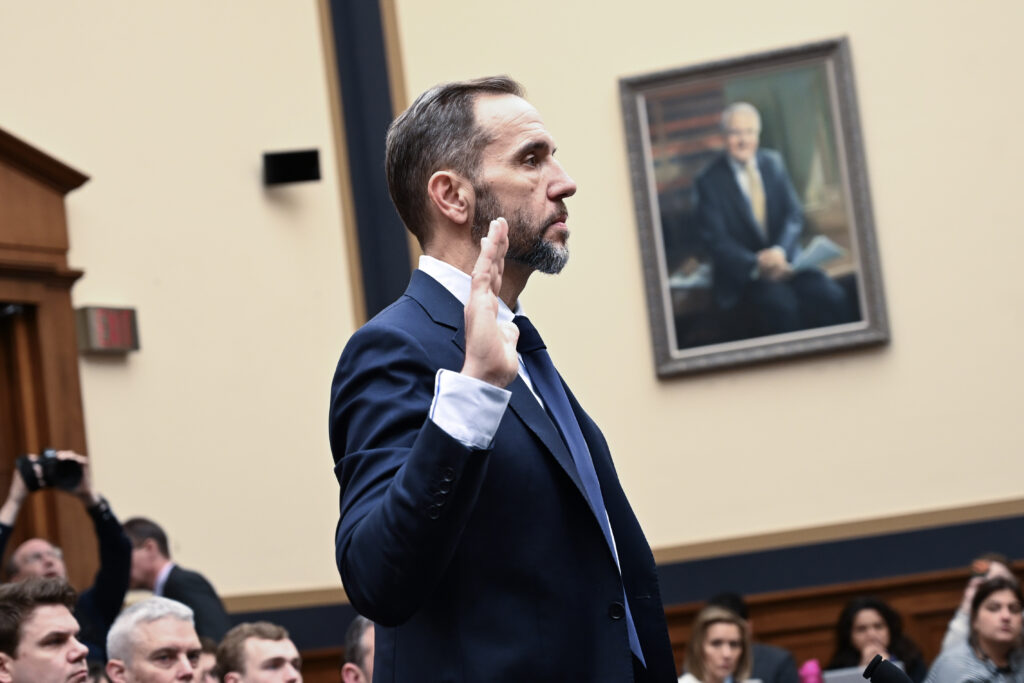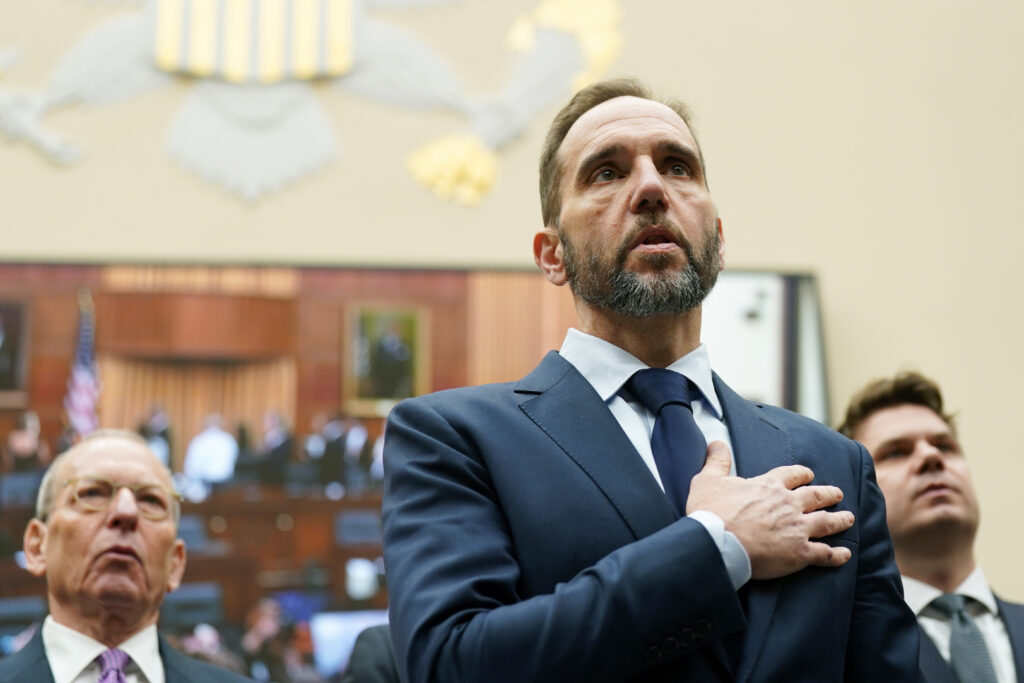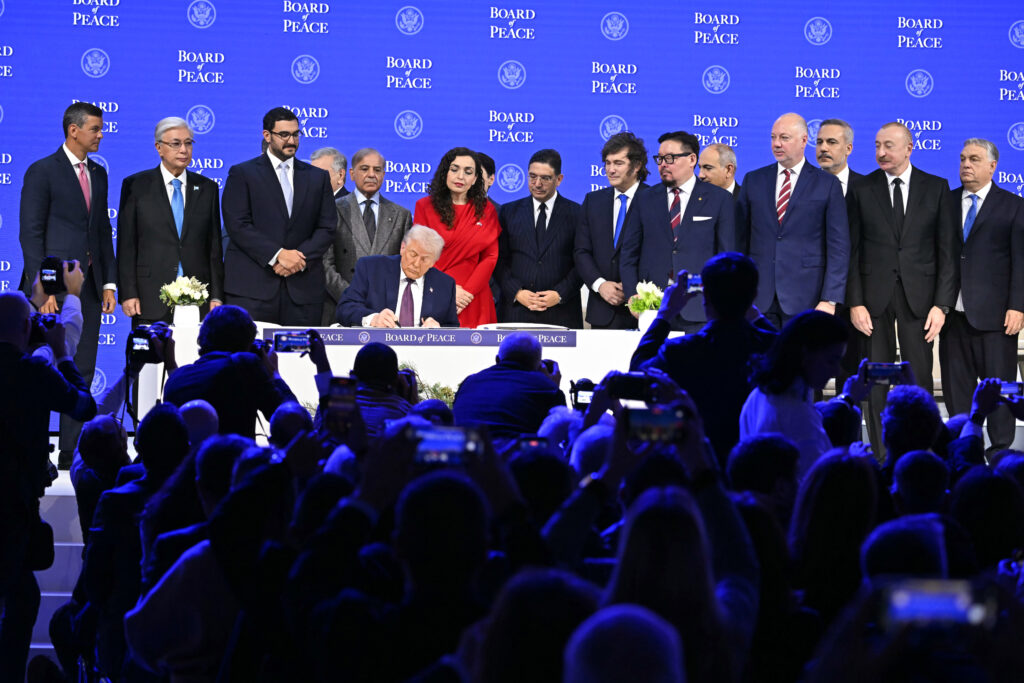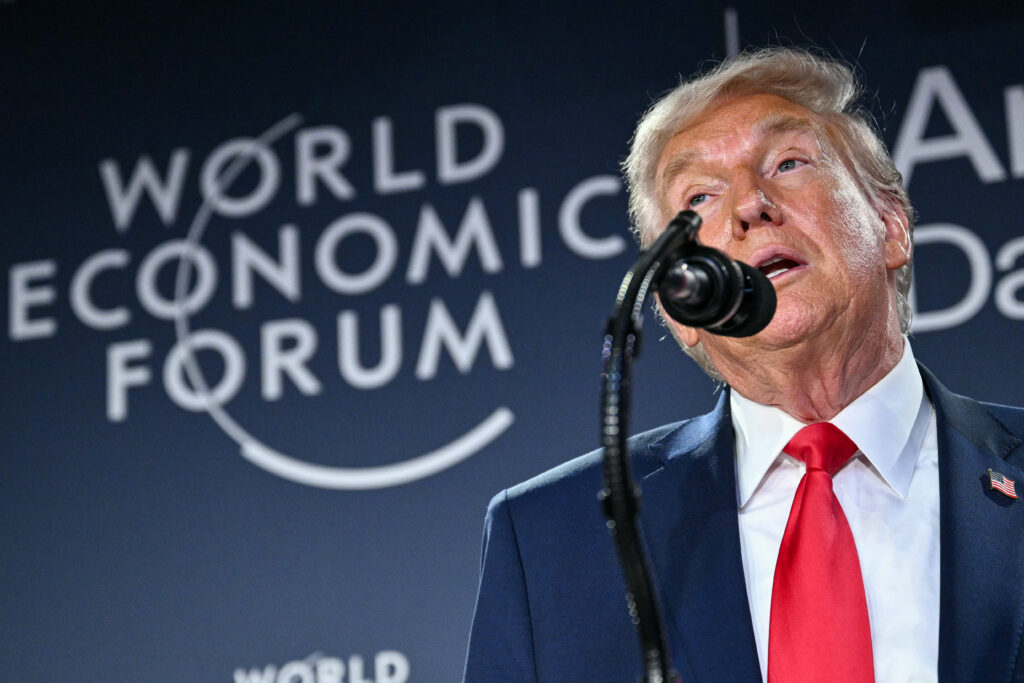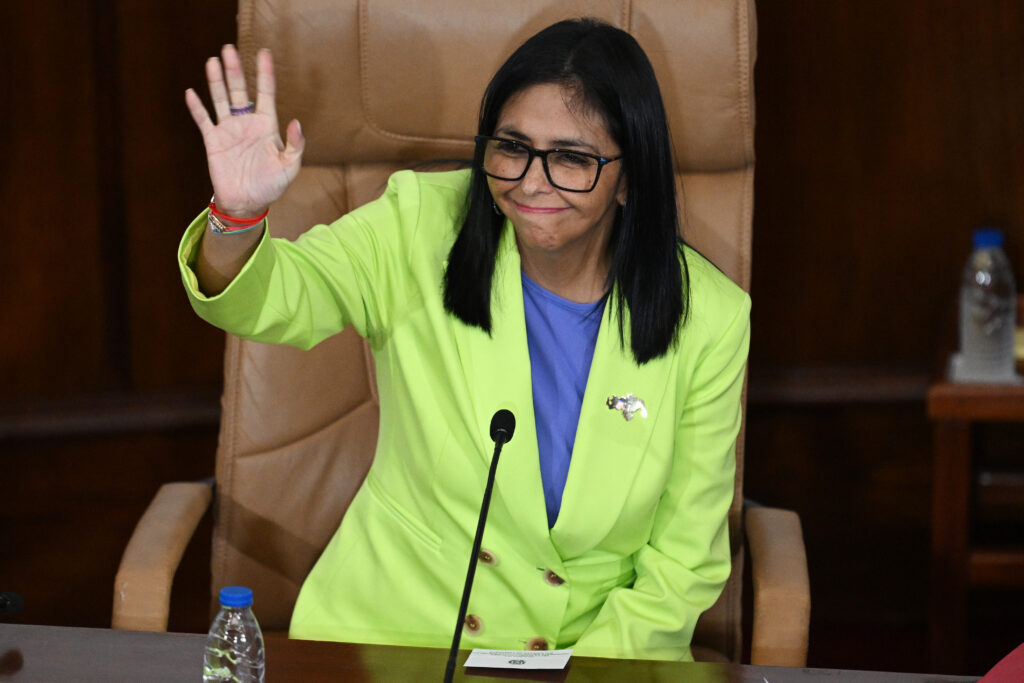Defiant ex-prosecutor testifies to Trump’s ‘criminal’ election plot
Former special counsel Jack Smith defiantly defended his prosecution of Donald Trump in a long-awaited showdown on Thursday with Republican critics in the US Congress, citing overwhelming evidence that he led a “criminal scheme” to overturn the 2020 presidential election results.Although Smith, who led two failed prosecutions against Trump, never got his day in court, the televised hearing before the House Judiciary Committee provided the opportunity he has long sought to make his case to the American public.A veteran federal attorney and former war crimes prosecutor in The Hague, Smith told lawmakers his team of investigators had “developed proof beyond a reasonable doubt that President Trump engaged in criminal activity.””Rather than accept his defeat in the 2020 presidential election, President Trump engaged in a criminal scheme to overturn the results and prevent the lawful transfer of power,” he said.Smith said his decision to bring charges against Trump was taken “without regard to President Trump’s political association, activities, beliefs, or candidacy in the 2024 presidential election.”Smith was appointed special counsel in 2022 by attorney general Merrick Garland and charged Trump with plotting to overturn the results of the 2020 election he lost to Democrat Joe Biden, and separately with mishandling classified documents.The Republican president denied both charges and sought to frame them as politically motivated, accusing the Justice Department of being weaponized against him.Neither case came to trial and Smith, in line with a Justice Department policy of not prosecuting a sitting president, dropped them both after Trump won the November 2024 vote.Smith said his decision to charge Trump was not motivated by politics.”If asked whether to prosecute a former president based on the same facts today, I would do so regardless of whether that president was a Democrat or a Republican,” he said.”No one should be above the law in this country and the law required that he be held to account,” he said. “President Trump was charged because the evidence established that he willfully broke the very laws that he took an oath to uphold.”- ‘Get President Trump’ -Smith’s appearance before the House Judiciary Committee comes a little over a month after he testified behind closed doors about his prosecution of Trump.Smith had requested that the deposition be delivered in public, but the Republican majority on the House panel declined his request.Republican committee chairman Jim Jordan accused Smith at Thursday’s hearing of seeking to “get President Trump” in an attempt to prevent him from running in the 2024 election.”He’s got to stop President Trump from running, tie him up in court,” Jordan said. “It was always about politics. The good news is the American people saw through it.”Since taking office for the second time, Trump has urged the Justice Department to bring cases against Smith and several other perceived political opponents.He did so again on Thursday, attacking Smith in a Truth Social post.”He destroyed many lives under the guise of legitimacy. Jack Smith is a deranged animal, who shouldn’t be allowed to practice Law,” Trump said. “Hopefully the Attorney General is looking at what he’s done.”Cases brought against Trump foes James Comey, a former FBI director, and New York Attorney General Letitia James collapsed last year after a judge ruled that the prosecutor who brought the charges was unlawfully appointed.Representative Jamie Raskin, the House committee’s top Democrat, defended Smith’s investigation at Thursday’s hearing.”Donald Trump says you’re a criminal and you belong in prison,” Raskin said. “Not because you did anything wrong, mind you, but because you did everything right. You pursued the facts, you followed the law.”
